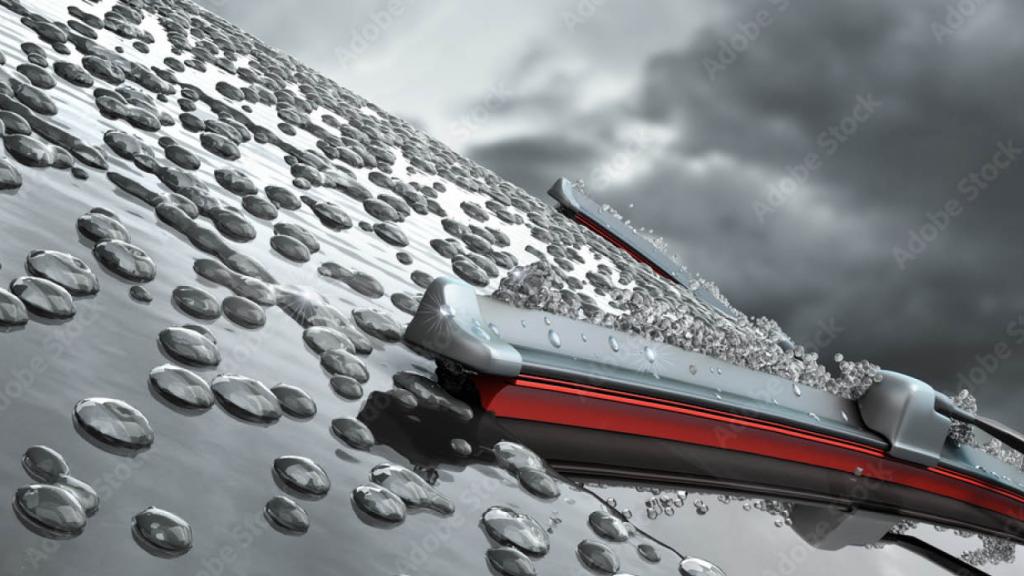
A Lignin-based method converting scrap wood into a bio-based transparent film was recently elaborated by Finnish researchers and has been causing quite a stir in the automotive industry. This transparent wood-based coating is definitely an innovative approach in the realm of sustainable materials and can be used on various glass surfaces, including windshields. It offers a wide range of advantages, such as anti-fogging and anti-reflective properties, in addition to providing a more eco-friendly alternative to conventional synthetic coatings.
The use of such coatings on glass and window surfaces, including vehicle windshields, naturally holds promise for reducing the environmental impact associated with traditional manufacturing processes and materials. Furthermore, this modern advancement aligns with the growing interest in sustainable and renewable materials, including from the automotive sector.
However, despite its widespread availability, lignin is often burned for heat generation in the paper and pulp sector due to processing challenges. Also, researchers have yet to achieve its transformation into clear films. As far as the esterification process (the reaction between an alcohol and a carboxylic acid) is concerned, the research team was able to refine the latter by operating at a more moderate temperature of 60°C and resorting to a briefer process. This technique allows for the development of colored films alongside anti-fogging and anti-reflective coatings, with the possibility of creating materials with diverse structural colors by adjusting the coating thickness and employing multi-layer films.
Needless to say these wood-based advancements have a bright future ahead of them …

